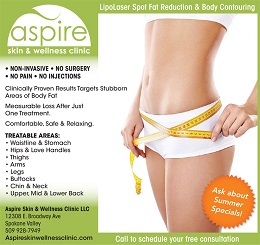Even before you are pregnant, and the baby comes on board, you need to have dental check-ups in your to-do list.

Dental treatment during pregnancy is, and should be an important part of your routine visit to the dentist.
As you already know, pregnancy causes some hormonal changes that may very well turn your life around.
For one, your taste and the choice of food changes making you crave particular foods.
In some instances, the hormonal changes makes your gums soft causing them to swell and bleed.
Here is what you should know about dental care during pregnancy:
-
Before you are pregnant
 For women that are planning on getting pregnant, it is highly advisable that you schedule an appointment early enough with your dentist.
For women that are planning on getting pregnant, it is highly advisable that you schedule an appointment early enough with your dentist.
The dentist will give your teeth professional cleaning and perform other procedures as deemed necessary.
Also, the professional will examine to see if you have dental problems that require attention.
Such problems will be dealt with beforehand so that they do not cause complications later on.
-
Inform your dentist that you are pregnant
It is understandable that some people prefer to keep their situation private before they can disclose it to other people.
The dentist (and the doctor) need to know this information as soon as possible, or at the very least, during an examination, or before any procedure.
Dental treatment procedures are kept to a minimum during the first trimester and the other half of the third trimester because the baby is at a crucial stage of growth.
-
Know the drugs that you are using
If your doctor has prescribed some medications alongside prenatal vitamins, you have to disclose this information to your dentist.
Additionally, the dentist should know the kind of medical advice that the doctor has given you.
The dentist will devise a treatment plan based on this new information.
-
Do not skip your dental check ups
Now more than any other time, you have to adhere strictly to your routine checkup.
Just because you are pregnant does not mean that you can skip sessions with the dentist.
The hormonal change that you experience puts you at risk of developing periodontal diseases.
That softness of the gums is called dental gingivitis, and your gums can bleed easily.
-
Avoid x-rays
Although the health experts say that the risk has gradually reduced over the years, x-rays should be a no-go zone for you.
If, for any reason you have to undergo an x-ray scan, your dentist has to use extreme caution not to harm the baby.
Ultimately, the buck stops with you. Dental treatment during pregnancy can only go so far.
You have to take the lead effort in following proper oral hygiene to prevent and reduce the occurrence of oral health problems.

